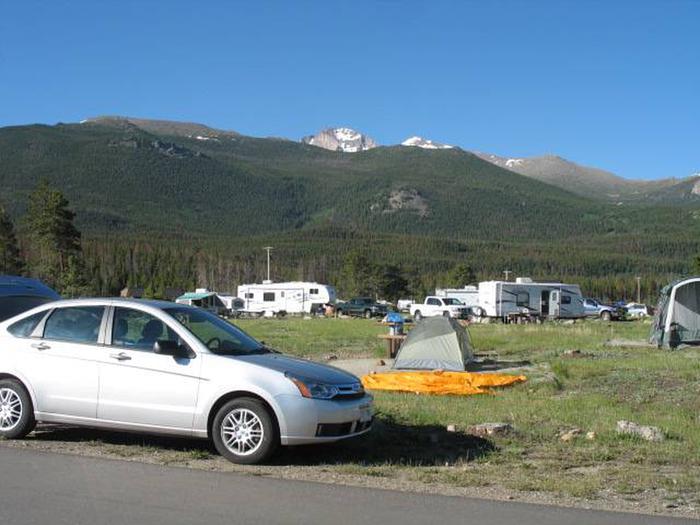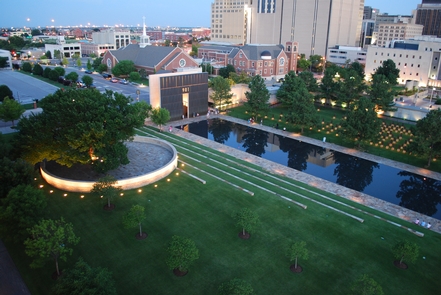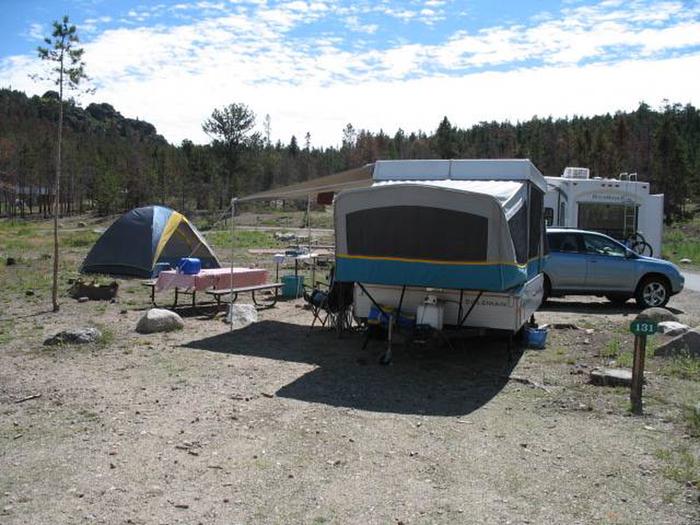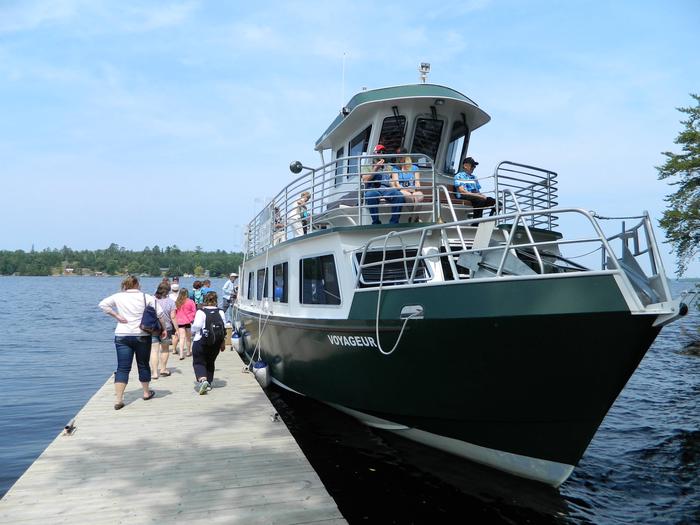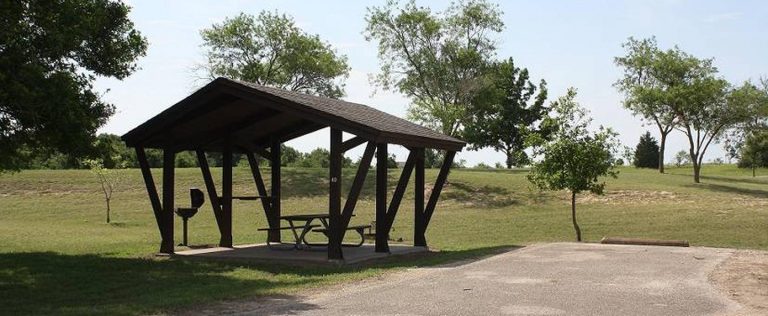Directions
Soldotna Headquarters and Visitor Center
From Anchorage, drive 90 miles on the Seward Highway to the junction of the Sterling Highway. Turn west at Milepost 37 of the Sterling Highway and travel 18 miles to the eastern Refuge boundary at Milepost 55 of the Sterling Highway. In three more miles (Milepost 58, Sterling Highway), you find the Refuge Visitor Contact Station on the north side of the Sterling Highway, a self-serve information facility during summer months. On the south side of Sterling Highway at Milepost 58 is the eastern turn off for Skilak Lake Road. This 19 mile gravel loop road leads to Refuge hiking trails, campgrounds, and a scenic drive and then rejoins the Sterling Highway at Milepost 75. Whether you take the Skilak Lake Road or the Sterling Highway from Mile 58, you are approximately 40 miles from Soldotna and the Refuge Visitor Center.
To find the Refuge Visitor Center when you arrive in Soldotna, travel to mile 95 of the Sterling Highway, crossing the Kenai River Bridge. Once you cross the river, immediately get in the far left turn lane and make a left on to Funny River Road. As soon as you are on Funny River Road, prepare for an immediate right turn on to Ski Hill Road. Ski Hill Road is gravel, and you will drive one mile up the hill and make a left turn on to a paved road leading to the Visitor Center. Call 907-262-7021 for more information and for current hours of operation.
Phone
907-262-7021
Activities
AUTO TOURING, BOATING, HISTORIC & CULTURAL SITE, CAMPING, INTERPRETIVE PROGRAMS, FISHING, HIKING, HUNTING, WINTER SPORTS, VISITOR CENTER, WILDLIFE VIEWING, WILDERNESS, FIRE LOOKOUTS/CABINS OVERNIGHT, ENVIRONMENTAL EDUCATION, PHOTOGRAPHY, PADDLING
Camping Reservations
Reserve your campsite at these camping areas:
KENAI NATIONAL WILDLIFE REFUGE CABINS
Hiking Trails
Looking for nice hiking areas to take a hike? Choose from these scenic hiking trails:
Related Link(s)
Kenai National Wildlife Refuge
Alaska’s Kenai Peninsula is, in geologic terms, still quite “young,” since its entire land mass was covered by glacial ice as recently as 10,000 years ago. Much of that frozen blanket still exists today, in the form of the more than 800-square mile Harding Ice Field, which the refuge “shares” with Kenai Fjords National Park.
The grudging withdrawal of the Harding Ice Field has helped to make the lands of the Kenai National Wildlife Refuge a “miniature Alaska.” Today, the refuge includes examples of every major Alaska habitat type. The refuge is an Alaska in miniature in its diversity of wildlife, as well. Sport fish bring hundreds of thousands of visitors to the peninsula each year. Eager anglers can pursue chinook, sockeye, coho and pink salmon; as well as Dolly Varden char, rainbow trout, and arctic grayling. The refuge is also home to brown and black bears, caribou, Dall sheep, mountain goats, wolves, lynx, wolverines, eagles and thousands of shorebirds and waterfowl, not to mention the mighty Alaska-Yukon moose that the refuge was originally established (as the Kenai National Moose Range) to protect.
Today. The Kenai National Wildlife Refuge’s wealth of habitat, scenery and wildlife draws a half a million visitors a year, more than any other wildlife refuge in Alaska.

